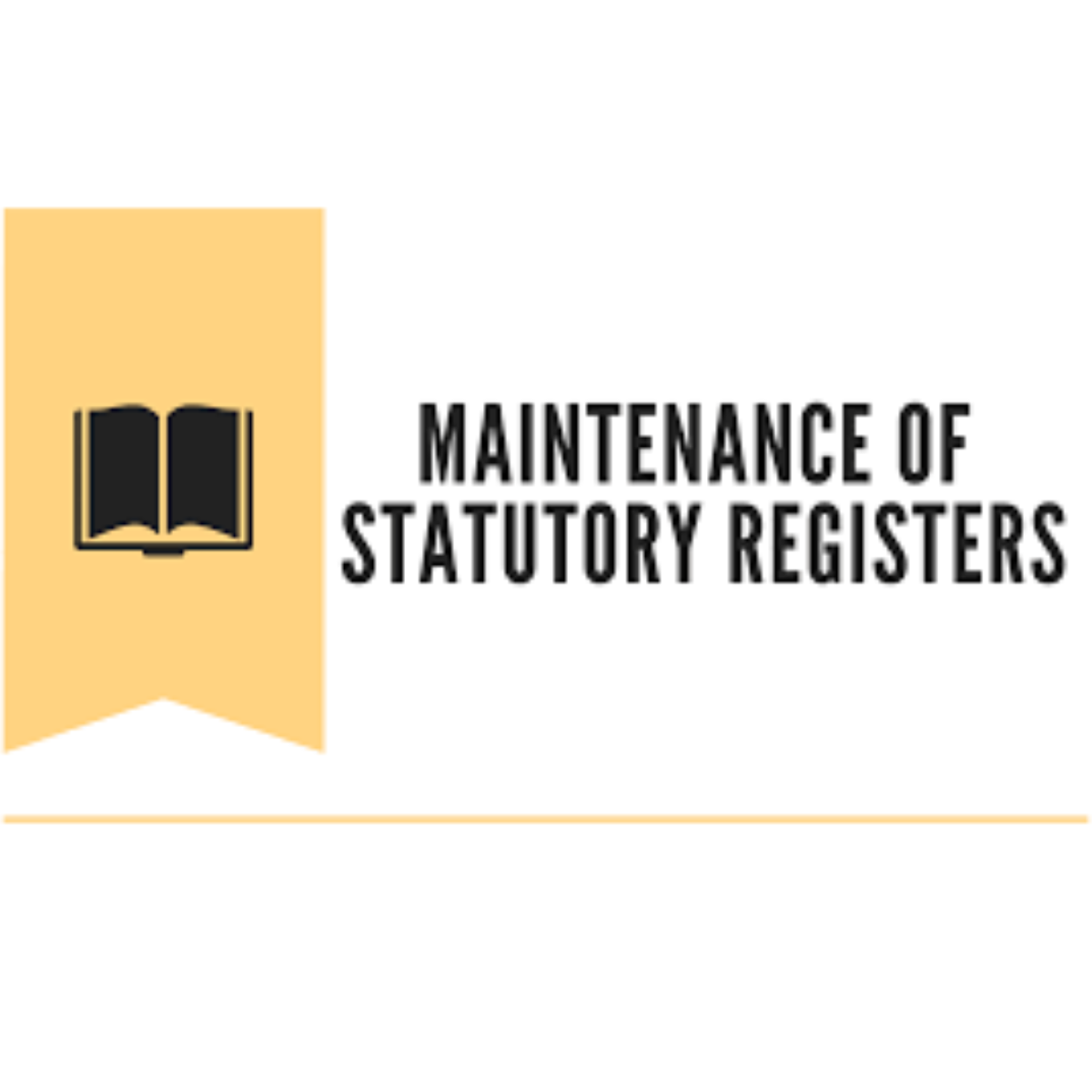Maintenance of statutory registers refers to the requirement for companies and organizations to keep certain official records or registers as mandated by law. These registers typically contain important information about the company, its directors, shareholders, and other relevant details. The maintenance of these registers is crucial for legal compliance, transparency, and accountability. Here’s some key information regarding the maintenance of statutory registers:
- Types of Registers: Statutory registers may include registers of members (shareholders), directors, charges (mortgages and other security interests), and significant beneficial owners, among others. The specific registers required may vary depending on the jurisdiction and the type of organization.
- Legal Requirements: The maintenance of statutory registers is often a legal requirement imposed by company law or relevant regulatory authorities. Failure to maintain these registers or keep them up-to-date can result in penalties, fines, or other legal consequences.
- Content of Registers: Each statutory register contains specific information as required by law. For example, the register of members typically includes details such as the names and addresses of shareholders, the number and class of shares held, dates of share transfers, etc. The register of directors may contain details about the directors’ names, addresses, dates of appointment and resignation, directorships in other companies, etc.
- Updates and Maintenance: Companies are responsible for keeping their statutory registers accurate, up-to-date, and readily accessible. Changes such as appointments or resignations of directors, transfers of shares, or alterations to the company’s share capital must be promptly recorded in the relevant registers.
- Access to Registers: In many jurisdictions, statutory registers must be kept at the company’s registered office or another designated location and should be available for inspection by shareholders, directors, and other relevant parties. Some jurisdictions also allow for electronic maintenance of registers, provided certain conditions are met.
- Retention Period: Statutory registers generally need to be retained for a specified period, which can vary depending on local regulations. It’s essential to comply with these retention requirements to ensure legal compliance.
- Compliance Checks and Audits: Regulatory authorities may conduct periodic checks or audits to ensure that companies are maintaining their statutory registers correctly and in compliance with the law. Non-compliance can lead to enforcement actions or penalties.
Overall, the maintenance of statutory registers is a vital aspect of corporate governance and legal compliance for companies and organizations. Companies should ensure that they understand their obligations regarding the maintenance of these registers and take appropriate steps to fulfill them.




